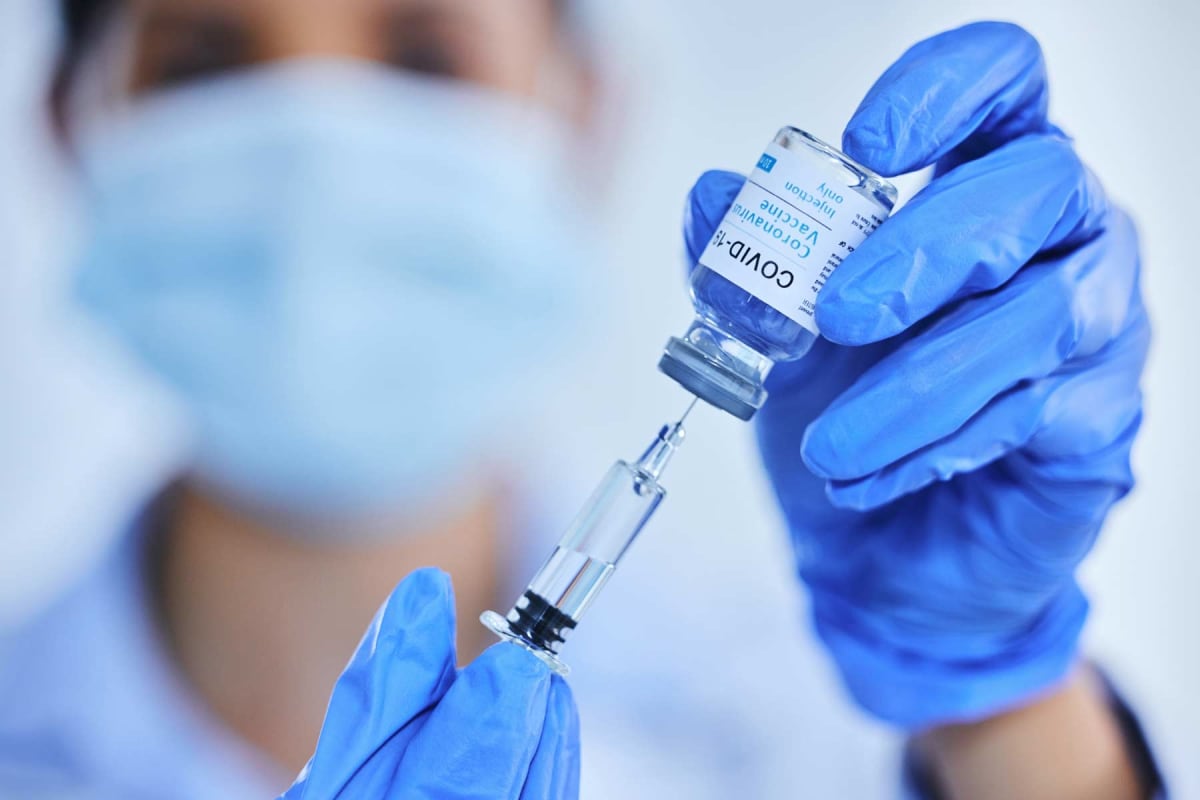
How much does the COVID vaccine cost without insurance?
How much does the COVID vaccine cost without insurance?
$0 – $200 average cost without insurance
COVID-19 vaccine cost without insurance
The COVID-19 vaccine costs $90 to $200 without insurance at a retail pharmacy. However, free or low-cost COVID-19 vaccines are still available through many state and local immunization programs. Many health insurance plans also still offer full or partial coverage for the cost of the COVID vaccine.
| Provider | Average cost without insurance |
|---|---|
| Public health department or community clinic | Free or low-cost |
| Retail pharmacy | $90 – $200 |
The CDC's Bridge Access Program, which provided free COVID-19 vaccines to uninsured adults, ended in August 2024 when the updated 2024-25 mRNA vaccines were approved by the FDA. However, there are still several options for obtaining affordable vaccines.
Retail pharmacy
Retail pharmacies like CVS and Walgreens provide the COVID-19 vaccine at no cost for most people with health insurance. However, if you're uninsured, the cost of the COVID-19 vaccine at these establishments ranges from $90 to $200 on average, depending on the location and if you use a savings coupon.
Public health department
Local health departments and community clinics remain some of the best resources for affordable vaccines. These facilities often provide the COVID-19 vaccine for free or on a sliding scale based on income. They can also connect you with additional healthcare resources if you need them.
Types of COVID-19 vaccines
There are now three COVID-19 vaccines recommended by the Advisory Committee on Immunization Practices (ACIP) and available in 2025: Moderna, Novavax, and Pfizer. The Janssen (Johnson & Johnson) COVID-19 vaccine is no longer authorized in the U.S.
Pfizer-BioNTech: This mRNA vaccine is approved for individuals 6 months of age and older, with specific formulations for children 6 months through 4 years old and 5 through 11 years old. A higher-dose version is available for seniors and immunocompromised individuals.
Moderna: Another mRNA vaccine, the Moderna vaccine is approved for people 6 months and older, with a specific formulation for children 6 months through 11 years of age.
Novavax: A protein subunit vaccine, Novavax is available to people 12 years and older as an alternative for those who cannot or prefer not to receive mRNA vaccines.
Patient assistance programs
Pfizer and Moderna have patient assistance programs to help ensure cost is not a barrier to receiving the COVID-19 vaccine. These programs aim to protect vulnerable communities and stop the spread of COVID-19.
The Pfizer Retail Vax Assistance program provides the COVID-19 vaccine for free to eligible uninsured patients at participating pharmacies.
Moderna has partnered with the Project HOPE and Direct Relief organizations to help get free vaccines to those who need them most through local community clinics and health centers across the country.
FAQs about the COVID-19 vaccine
Who should get the COVID-19 vaccine?
The Centers for Disease Control and Prevention (CDC) recommends the 2024-2025 COVID-19 vaccine for everyone 6 months and older, including people who have received a previous COVID-19 vaccine, those who have had COVID-19, and people with long COVID.
Is there a new COVID-19 vaccine?
Yes, vaccine manufacturers continue to update their COVID-19 vaccine formulations to address new and prevalent variants.
Updated mRNA vaccines from Pfizer and Moderna were fully approved in August of 2024.
An updated COVID vaccine from Novavax that targets the JN.1 strain was also approved in the same month.
Always check with your healthcare provider for the most current vaccine recommendations.
What is the new COVID vaccine called?
The updated COVID-19 vaccines retain their original manufacturer names (Pfizer-BioNTech, Moderna, and Novavax) but are specifically formulated to protect against current variants. They're sometimes referred to as "2024-2025 formula" or "updated booster vaccines."
Is the COVID vaccine safe?
Yes, COVID-19 vaccines have undergone extensive safety testing and continue to be monitored. Billions of doses have been safely administered worldwide, with serious adverse effects being extremely rare.
When should you get the COVID-19 vaccine?
The timing for COVID-19 vaccines depends on your vaccination history and risk factors. Generally, an annual booster is recommended for most individuals. The CDC recommends all people stay up to date with the COVID-19 vaccination.
| Age | CDC considers you up to date when you have received: |
|---|---|
| 6 months – 4 years |
|
| 5 – 11 years |
|
| 12 – 64 years |
|
| 65+ years |
|
Do you still need the vaccine if you already had COVID-19 and recovered?
Yes, the COVID-19 vaccine is still recommended even if you have already had COVID-19 and recovered. Since there are multiple variants of the virus and they mutate frequently, staying up to date with COVID-19 vaccination ensures your continued protection from reinfection and severe illness.

Where to get the COVID vaccine
While vaccine costs without insurance can be significant, there are still options for affordable or free COVID-19 vaccination. Check with your local health department, community health centers, and retail pharmacies for the most up-to-date information on vaccine availability and cost in your area.
These directories and locator tools can help you find affordable vaccination options near you:
Remember, staying vaccinated is a crucial step in protecting yourself and your community against COVID-19.